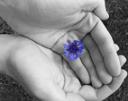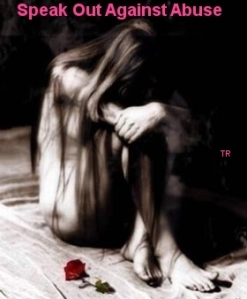Where am I now….
Well it has been a long time, so I thought that I would provide an update in my journey of healing. I thought that after 2 and half years since my separation that I would be able to move on and forget everything that happened to me, but that was not the case. I also thought, like depicted in the movies, that my prince charming would come and save me from my pain. That also did not happen. Instead, I have had to persevere and continue my journey of healing. I realized that healing is a continuous process with many stages. In the beginning, I was trying to survive one minute at a time, then I went through the grieving stages, namely denial, angry, sad, and I am finally in acceptance and moving on with my life. This took a lot of hard work and determination to survive. I now no longer talk about the past, but am trying to change my way of thinking about my present circumstances and the future. It is now about me, and not about him.
I am seeing a psychologist on a regular basis and using social cognitive behavioral therapy, which is the most effective method for Post Traumatic Stress Disorder and Depression. It focuses on changing the way you think. Instead of looking at the glass half empty, this type of therapy teaches you how to look at the glass half full. I am also seeing a Psychiatrist. I never thought in a million years that I would ever see a Psychiatrist. I remember, when I first walked in his office, I asked him where the men were with straight jackets to take me a way. No one came to take me away; rather the Psychiatrist gave me some resources that I needed to become mentally healthy again. I used to think that it was a weakness seeking help from a Psychiatrist, but now I think it was strength of mine to seek the most appropriate help that I needed to feel like myself again. After several sessions, I have been feeling better each day both mentally and physically. I now know that healing takes time, it is not a light switch that you are able to turn off, and instead healing is a process with many stages. So, I have now learned to now take a deep breath and give myself permission to heal with no time limits.
Take Care,
Mount Cope














